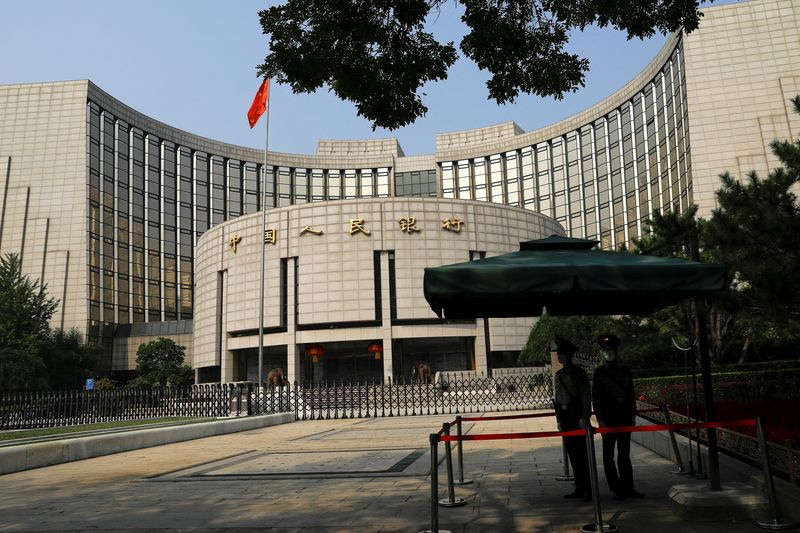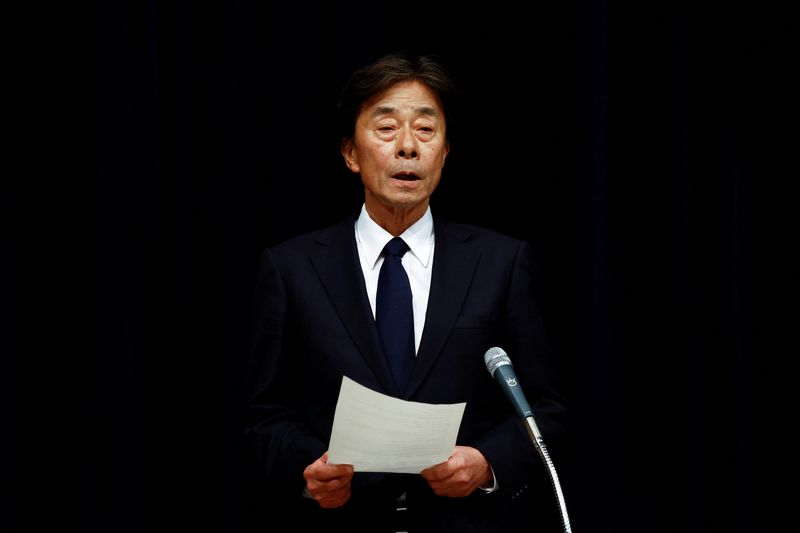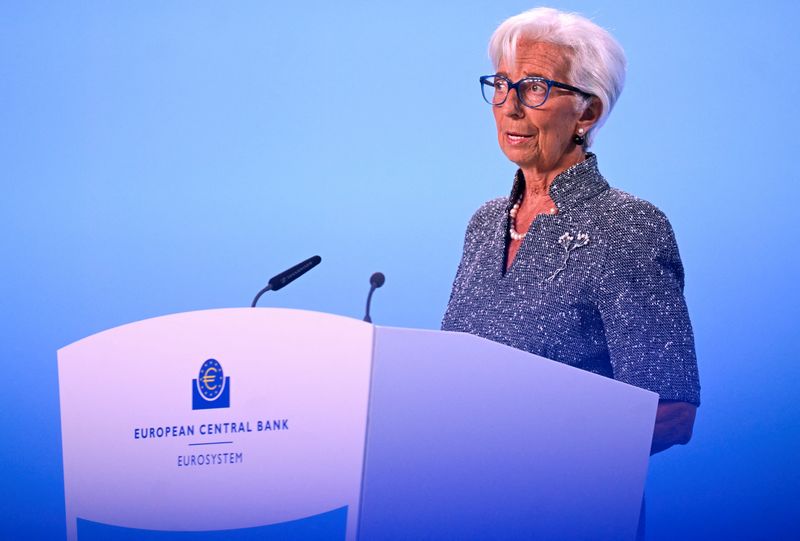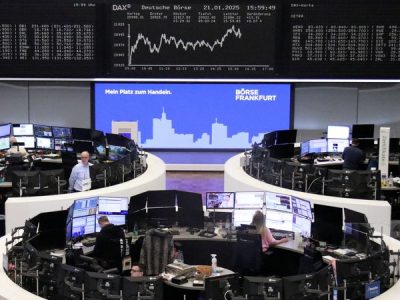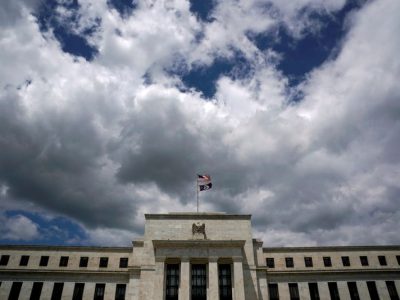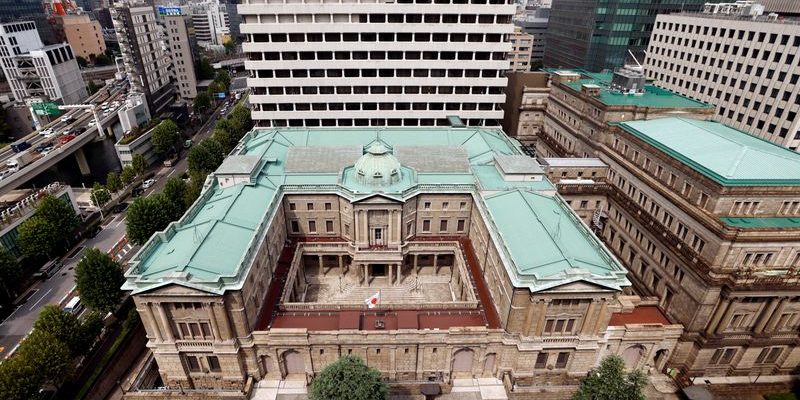
By Leika Kihara
OKAYAMA, Japan (Reuters) -The Bank of Japan must raise interest rates to at least 1% by late next year, hawkish policymaker Naoki Tamura said on Thursday, reinforcing the bank’s resolve to persist with steady monetary tightening.
It was the first time a BOJ policymaker publicly specified a level the central bank should eventually target in pushing up short-term borrowing costs.
Tamura said the likelihood of Japan’s economy sustainably achieving the BOJ’s 2% inflation was improving, which meant the central bank must raise interest rates to levels deemed neutral to the economy by around late 2025.
He said Japan’s neutral rate of interest, or the level that neither cools nor stimulates the economy, is estimated to be at least around 1%.
“As such, it’s necessary to push up our short-term policy rate at least to around 1%,” by around the latter half of the fiscal year ending March 2026 to sustainably achieve the BOJ’s price goal, Tamura said in a speech to business leaders in Okayama, western Japan.
Tamura’s remarks follow a string of comments from BOJ board members calling for the bank to keep raising borrowing costs despite recent volatility in financial markets.
The BOJ is set to leave rates unchanged at its next meeting on Sept. 20, but more than half the economists polled by Reuters last month predict further tightening by the year’s end.
In a historic step, the BOJ ditched negative interest rates in March and raised short-term rates to 0.25% in July on the view the economy was making progress toward durably achieving its 2% inflation target.
Governor Kazuo Ueda has signalled the bank’s readiness to raise rates further if inflation stays around 2% in coming years accompanied by solid wage gains, as it currently projects.
While stressing the need to hike rates further, Tamura said the BOJ must carefully assess how rising borrowing costs affect the economy, given Japan’s prolonged experience of near-zero interest rates.
But he said market bets on the pace of BOJ rate hikes could be too slow to avoid inflation from overshooting.
“We must raise interest rates at an appropriate timing, and in several stages,” said the former commercial banker, who is considered by markets as among the most hawkish in the BOJ’s nine-member board.
Tamura also said he was “worried that upside inflation risk was heightening,” as intensifying labour shortages prod firms to raise wages and pass on rising costs through price increases.
Core consumer inflation hit 2.7% in July and has been at or above the 2% target for 28 consecutive months.
The neutral interest rate is important because central banks use it to set monetary policy. It cannot be observed directly, so policymakers must estimate it using economic models.


